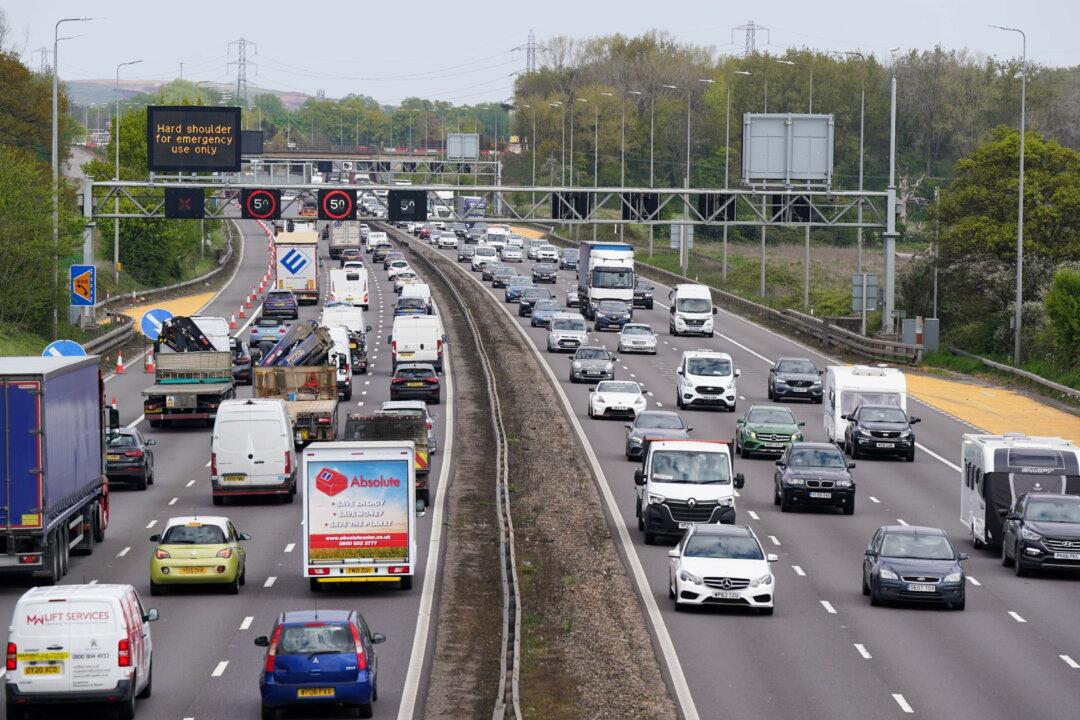Three million people who applied for a driving licence since the beginning of the COVID-19 lockdowns have experienced delays, costing some their jobs or income, a parliamentary committee has found.
In its latest report, published on Friday, the Public Accounts Committee (PAC) of the House of Commons criticised the Driver and Vehicle Licensing Agency (DVLA) for failing to keep its essential services running during the pandemic.





